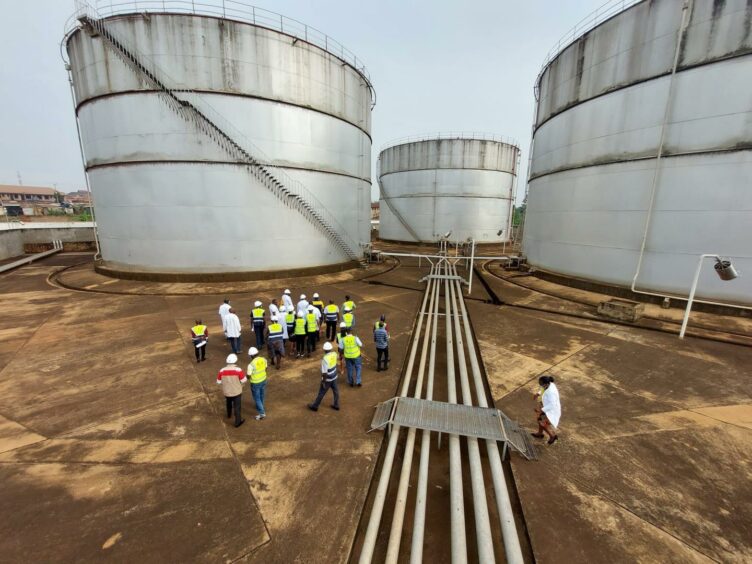
The European Parliament has criticised a proposed East African pipeline, calling for TotalEnergies to consider an alternative route.
The resolution expressed “grave concern” around alleged human rights violations in Uganda and Tanzania, linked to the Lake Albert project. The plan covers upstream investments at Tilenga and Kingfisher, with the East African Crude Oil Pipeline (EACOP) running to the Tanzanian port of Tanga.
The text said that this had led to the “wrongful imprisonment of human rights defenders, the arbitrary suspension of NGOs, arbitrary prison sentences and the eviction of hundreds of people from their land without fair and adequate compensation”.
Uganda and Tanzania should launch efforts to ensure respect and compliance for human rights.
In particular, it called for the Ugandan government to reauthorise 54 NGOs that had been “arbitrarily closed or suspended”. It also said Ugandan authorities should provide free and unhindered access to the oil zone for independent observers, from local groups to international observers.
A European Union delegation was barred from entering the oil zone in November 2021.
Construction of EACOP may lead to the displacement of 100,000 people, it said, “without proper guarantees of adequate compensation”. Payments to farmers are too low for them to buy comparable land to continue, it said.
The EU should “exert maximum pressure” on the Ugandan and Tanzanian authorities, and the project’s backers, “to protect the environment and to put an end to the extractive activities in protected and sensitive ecosystems”.
Looking at alternatives
As such, they should resolve the various disputes around the project and consider the risks. Total should “take one year before launching the project to study the feasibility of an alternative route to better safeguard protected and sensitive ecosystems and the water resources of Uganda and Tanzania”. In addition to concerns over the route, the resolution expressed concerns about potential tsunami risks at Tanga.
The French company should also “explore alternative projects based on renewable energies for better economic development”.
The Tilenga project will produce 190,000 bpd of crude. Work will involve 426 wells, of which 200 will be water injectors and 196 oil producers. The Lake Albert plan will emit a projected 34 million tonnes per year of CO2.
Amis de la Terre campaign manager Juliet Renaud welcomed the European Parliament’s resolution. “It sends a strong political signal against Total’s Tilenga and EACOP projects, whose human, environmental and climate costs are undeniable and quite simply unacceptable,” she said. “This resolution echoes the growing mobilization of civil society, in East Africa, in France and around the world.”
Amis de la Terre, with other NGOs, is suing Total in a French court over alleged duty of vigilance failures. A Paris court will hear the case on October 12.
In defence
Total has rejected complaints about Lake Albert and its environmental impact. The project is essential, it has said, because of the world’s ongoing need for hydrocarbons.
3/7 These projects are also used to finance investments to develop renewable energies quickly and sustainably. Our new projects therefore adapt to this demand and are always validated through the prism of our ambition of carbon neutrality by 2050.
— TotalEnergies (@TotalEnergies) September 15, 2022
Total’s partner on the project, CNOOC Uganda, has also defended the project. The first rig for the work arrived at Mombasa port this week.
“We are committed to delivering first oil to Uganda and there’s no turning back,” the Chinese company said.
